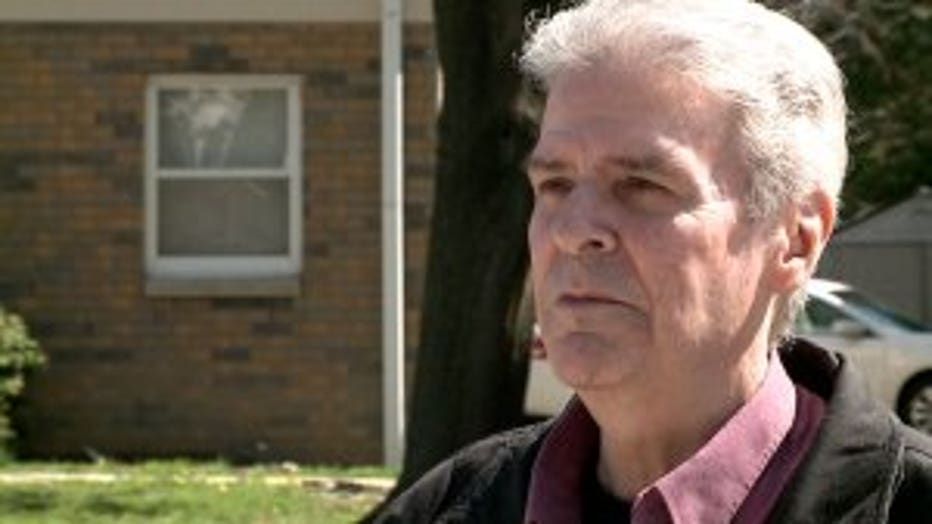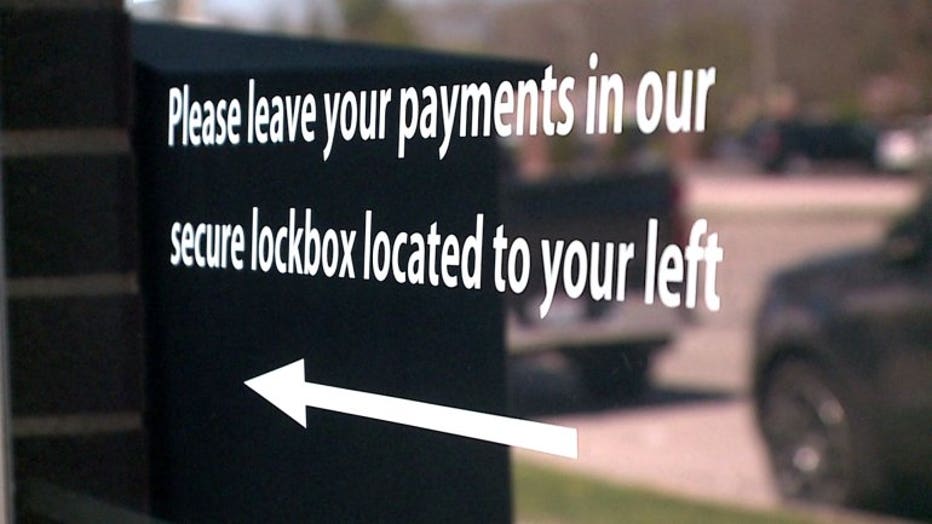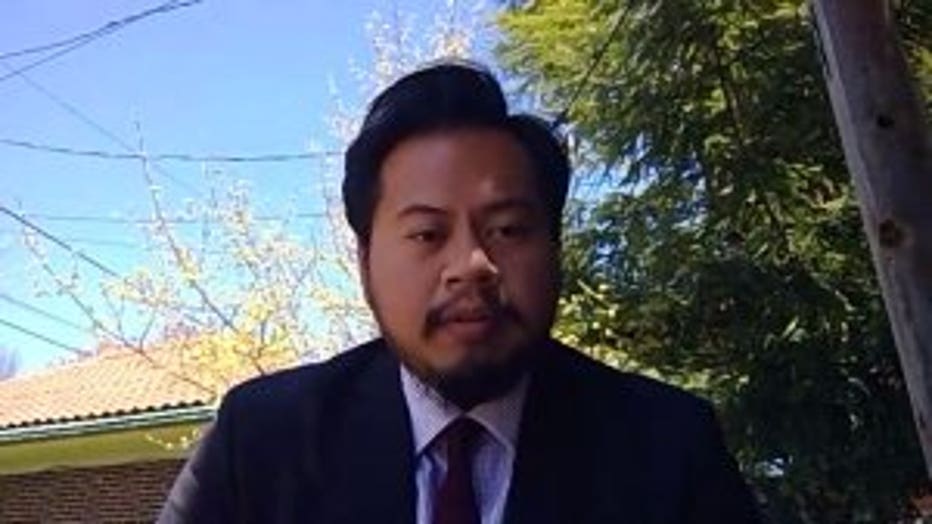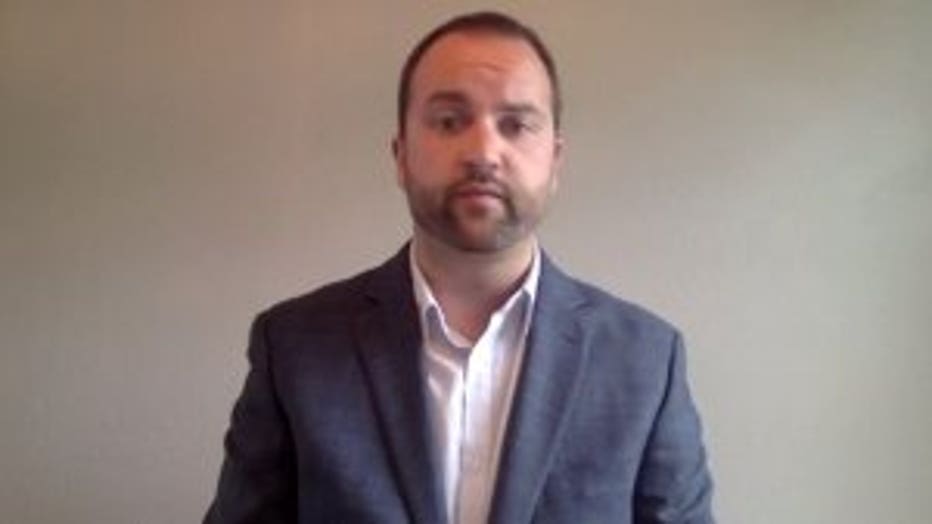Amid economic turmoil of COVID-19 pandemic, some face rent hikes and apartment hunts
WEST ALLIS -- It is not a great time to hunt for an apartment, but some people in West Allis were trying to after getting notice that their rent was going up.

Michael Schueneman
It will cost Michael Schueneman more each month if he wants to continue living in one of two neighboring buildings owned by Kellner Properties in West Allis.
"It's unconscionable," he said. "I don't know how I'm going to be able to make it, with that kind of rate increase. I don't know what I'm going to forgo, my medications?"
Last month, Schueneman received his lease notice that said, starting July 1, his rent will go from $700 per month to $799 -- or $879 for a month-to-month plan.

Neighbor Liane Hawkins also got a notice. Her husband is currently out of work due to COVID-19.

Liane Hawkins
"I'd just like to know, why now?" she said.
Tenants of the West Allis buildings told Contact 6 that they are looking for new apartments, but it's been a challenge to say the least.
"I'm looking for 55-and-over type places and some of these places, they won't even let you come in to inspect it," said Schueneman.
Building Manager Ryan Kautz says Kellner Properties bought the units last summer and is bringing the rent up to market rates: "We don't think that's an unnecessary number, we think that's fair for the market...We're not trying to gouge people."

Gov. Tony Evers' order placed a ban on evictions for unpaid rent, but there was no moratorium on property owners raising tenants' rent.

Raphael Ramos
"When it's appropriate or whether it makes sense is another question," said Raphael Ramos with Legal Action of Wisconsin's Eviction Defense Project.
Ramos said he is hearing from tenants who are unable to make rent as it is: "A lot of people have lost their jobs, unemployment is high and as a result, people are struggling."
Milwaukee County court sees 14,000 eviction cases in a normal year. Ramos predicts a surge when the state's moratorium ends.
"The only option landlords may have," he said, "is to remove these people so they can get people who can pay."

Out of 200 units, Kautz said he only has a handful of people late on rent payments. He said he was unaware of certain tenants' objections until Contact 6 reached out, but is open to discussing accommodations -- within limits.

Ryan Kautz
"We are big proponents of fair housing law. We can't treat one tenant special or different than the other," said Kautz.
"You're between a rock and a hard place," Schueneman said. "Either I stay home, stay safe, or I go out and search for these new apartments."
The state's ban on evictions may be ending, but some people will still be covered by the federal CARES Act. That includes people in public housing, like Section 8, or with a federally-backed mortgage like Fannie Mae or Freddie Mac.
After reaching out to Contact 6, Schueneman and Hawkins said their property manager made them a new offer. Their month-to-month rent will go up, but not by as much. They said they are satisfied with the outcome.

